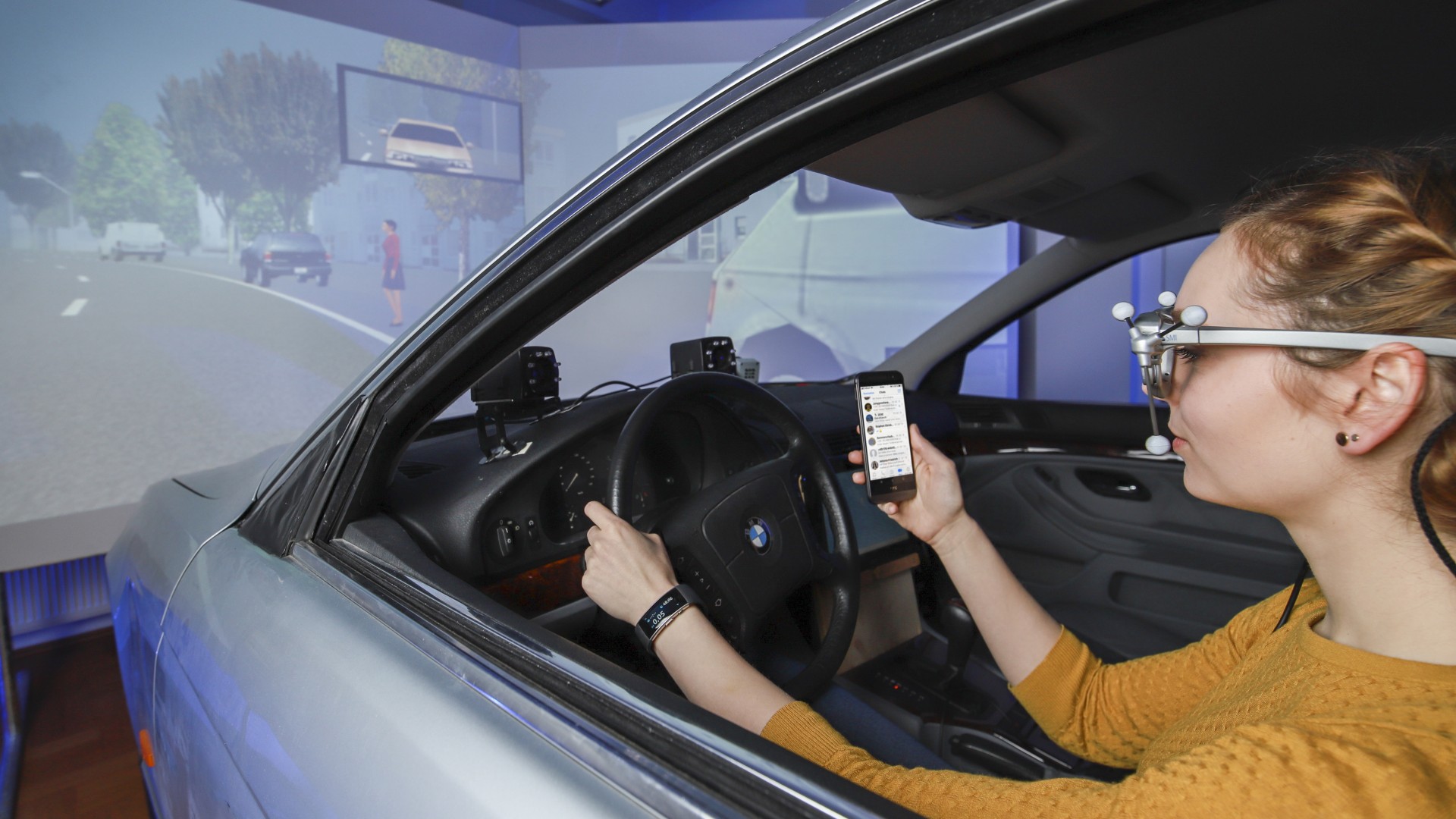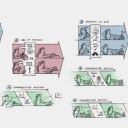Chemnitz University of Technology (TUC) is involved in the MEDIATOR project with the Research Group of Cognitive and Engineering Psychology led by Prof. Dr. Josef Krems and with the Professorship of Communications Engineering led by Prof. Dr. Klaus Mößner. The Research Group of Cognitive and Engineering Psychology deals especially with the motivational aspects for the take-over and hand-over actions between the driver and the automated system. Based on the existing research and expertise in this field, the research group, for instance, will examine methods to assess driver's comfort and will identify situations in which the drivers will most probably prefer a take-over by the automated system.
As the leader of work package 3 ("Testing and Evaluation"), the research group will be responsible for coordinating the evaluations of the developed prototypes in computer simulations, driving simulators and real-road demonstrators. Further, a driving simulator study will be conducted to evaluate the acceptance and usability of the Mediator system and its functions respectively. The Professorship of Communications Engineering contributes with expertise in the field of multi sensor data fusion especially to work package 2. Work package 2 deals with the design and development of the Mediator system component that enables real time estimation of drivers’ current and predicted fitness to drive considering the driving context. The Professorship of Communications Engineering focuses predominantly on driver state detection, software sensor interfaces as well as sensor and driver data fusion. Further, the professorship will be responsible for the integration of the Mediator system into the TUC’s driving simulator.
The Research Group Cognitive and Engineering Psychology combines fundamental research on attention, human memory, and decision making with applied research in areas like human factors, human-machine interaction, and cognitive ergonomics. The core research field, in which those fundamental and applied areas are combined, is traffic psychology, with a focus on road safety, driver assistance systems and automation. Hence, the MEDIATOR project offers a great opportunity to utilize and develop the expertise in these fields. The Professorship of Communications Engineering can develop and enhance driver state detection as well as data fusion algorithms and test them in newly developed prototypes of the Mediator system.
Further, user tests with the Mediator system can help to better understand drivers’ opinion regarding an intelligent driver assistance system that mediates in real-time between the driver and the automated system based on current and predicted motivational and performance-based aspects. This knowledge can be used to shape the future of automated road traffic.
One of the major challenges of MEDIATOR is to combine all the knowledge and expertise in different research areas to develop a coherent prototype of the Mediator system that can be tested in computer simulations, driving simulators and even in real road demonstrators.



